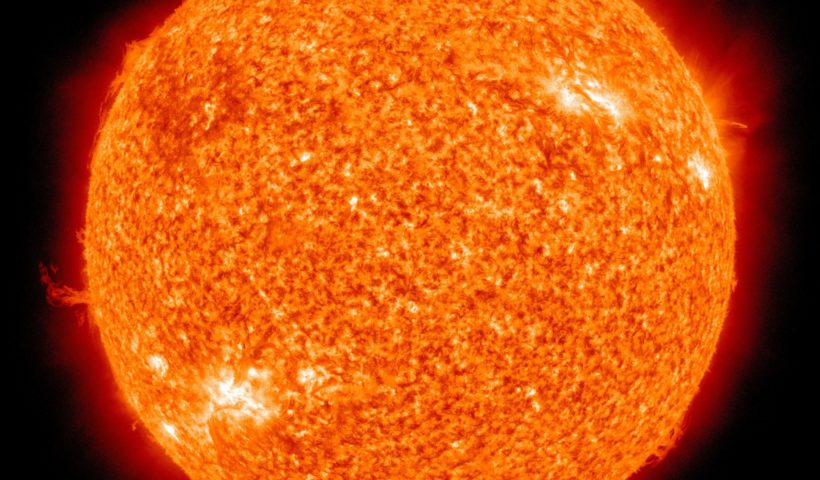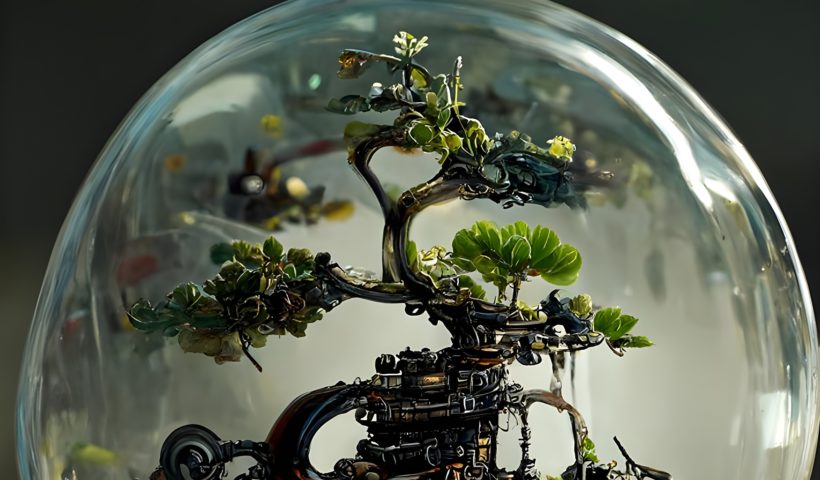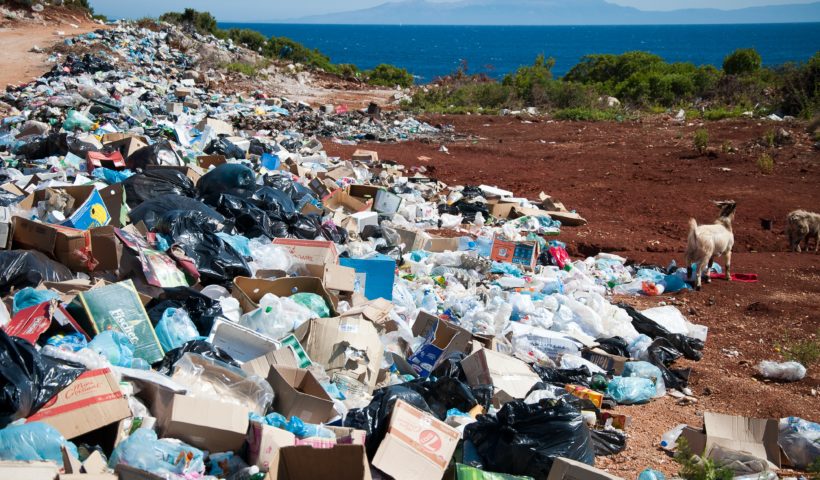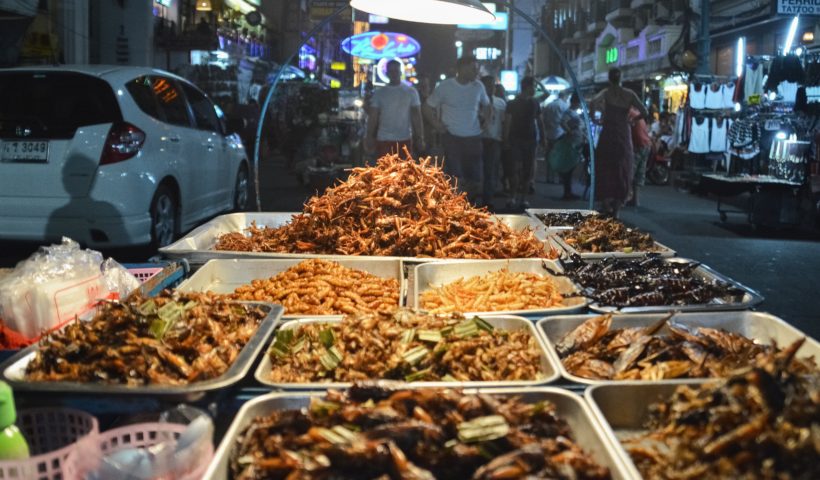A recent achievement in the field of nuclear fusion has propelled the long-researched energy source into the spotlight. Until now, nuclear fusion was only a theoretical way to generate clean energy, but nuclear fusion has passed an important energetic threshold that offers early hope for the technology. However, this technology will likely take decades to implement, and it may come too late if currently available clean energy methods are not rapidly adopted.
View More The Power of the Sun: Nuclear Fusion’s Future as Clean EnergyAuthor: Kaylee Tseng
Running Low on Gas: Technologies Affected by the Helium Shortage
Advanced technologies such as MRI scans and quantum computing are at risk of losing one of their most important elements: liquid helium. The unique properties of helium lend it to a wide array of scientific uses, but these properties also make helium difficult to capture and reuse. The ongoing shortage of helium has prompted researchers to find ways to recycle or replace helium to conserve this dwindling resource.
View More Running Low on Gas: Technologies Affected by the Helium ShortageHow Telehealth Contributed to the Adderall Shortage and Reignited Concerns
A recent shortage in Adderall comes after a large spike in demand for the prescription drug, with many prescriptions being issued from telehealth startups earlier this year. These platforms that emerged during the pandemic have raised concerns regarding the overprescription of controlled substances. However, the high amount of prescriptions coming from these newer companies follows a longstanding trend of potential ADHD overdiagnosis and overtreatment in the US.
View More How Telehealth Contributed to the Adderall Shortage and Reignited ConcernsThe Rise and Conflict of AI-Generated Images
From art competitions to online horror stories, AI art has seen a massive spread online. These internet-based machine-learning models raise questions about misinformation, originality, and bias. While most results from AI-generated images have been developed as jokes, the internet may soon need to contend with these models as they become more realistic.
View More The Rise and Conflict of AI-Generated ImagesA Credit Card a Week: The Environmental Ethics of Plastics
In an industrialized world, it seems impossible to live without plastics. From food storage to aircrafts, plastics provide benefits that make them an irreplaceable material. However, a consistent increase in plastic production and use has led to a massive plastic pollution crisis. Plastics are produced from non-renewable resources and can never fully decompose. They end up in our oceans, our environment, and even our stomachs (a credit card’s worth per week). Additionally, the massive amount of plastic waste has created a global plastic trade that unfairly places the burden of waste processing on less developed countries that may not be able to support even their own waste. The effects of plastic pollution are reaching a critical stage, and engineers must find solutions to relieve the growing pressure.
View More A Credit Card a Week: The Environmental Ethics of PlasticsActivision Blizzard and The Harrowing Path for Diversity in the Video Game Industry
Since 2021, video game companies such as Activision Blizzard have come under fire after several employees reported sexual misconduct. The legal battle between the California Department of Fair Employment and Housing and Activision Blizzard shows how reformation within the industry’s social infrastructure is crucial.
View More Activision Blizzard and The Harrowing Path for Diversity in the Video Game IndustryThe Bias and Contradiction of Dating Apps
Many popular dating apps utilize subjective algorithms and addictive user interfaces to hook those in search of a connection, and the efficacy of dating apps is questionable when their purpose inherently pits the interests of the company against that of the user.
View More The Bias and Contradiction of Dating AppsA Bug’s Life: Insects as a Meat Alternative
Meat and dairy production are two of the biggest contributors to greenhouse gas emissions and water consumption worldwide. The environmental impacts of meat products have led to a push to find meat alternatives that still provide the same nutritional value. Part of the solution may lie in the integration of more insects into our diet.
View More A Bug’s Life: Insects as a Meat Alternative







